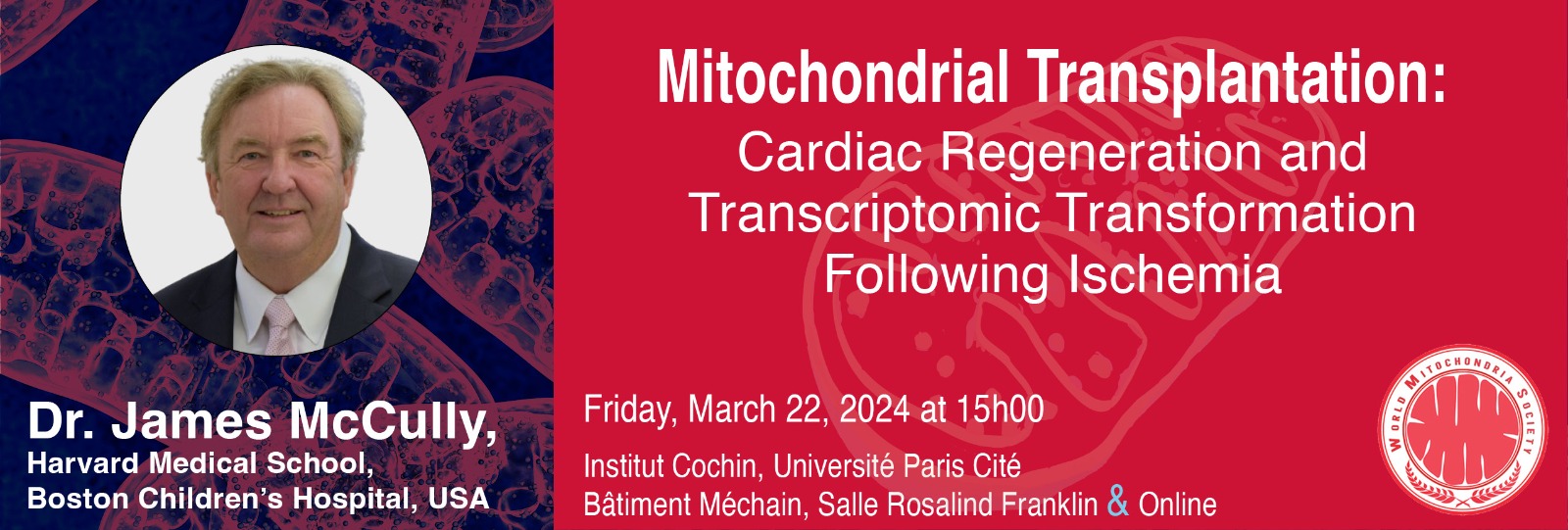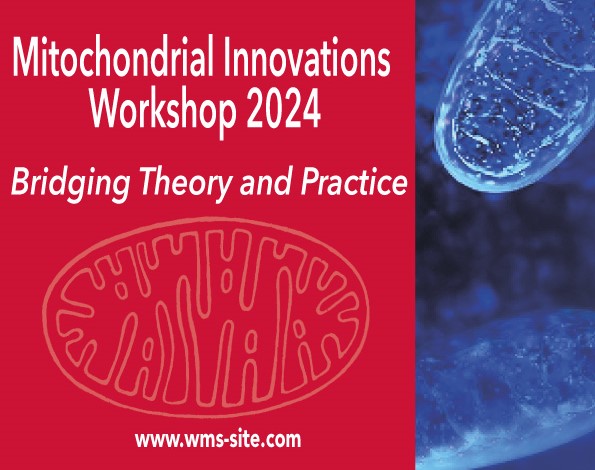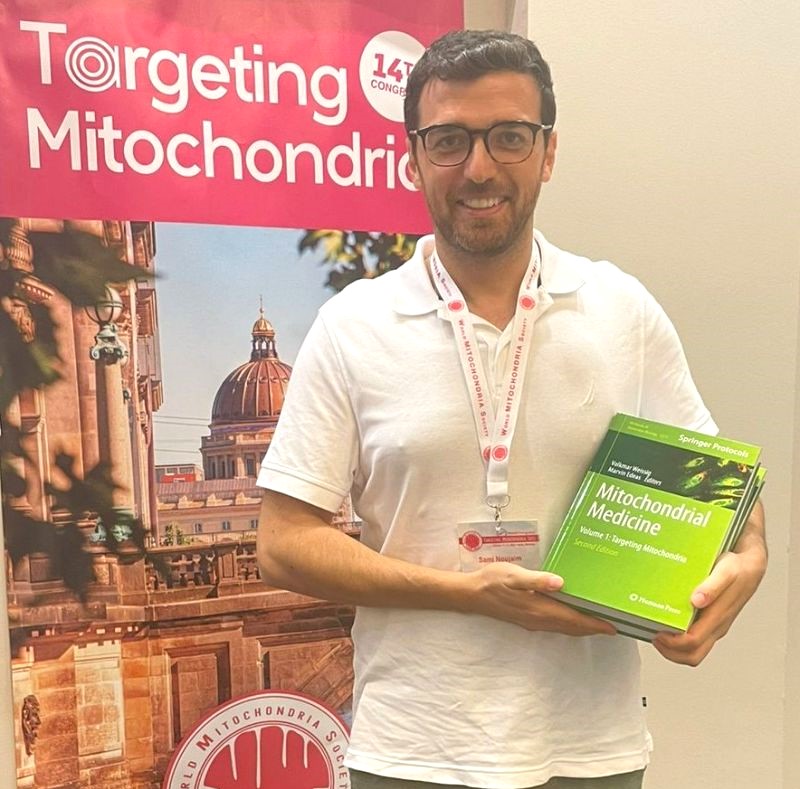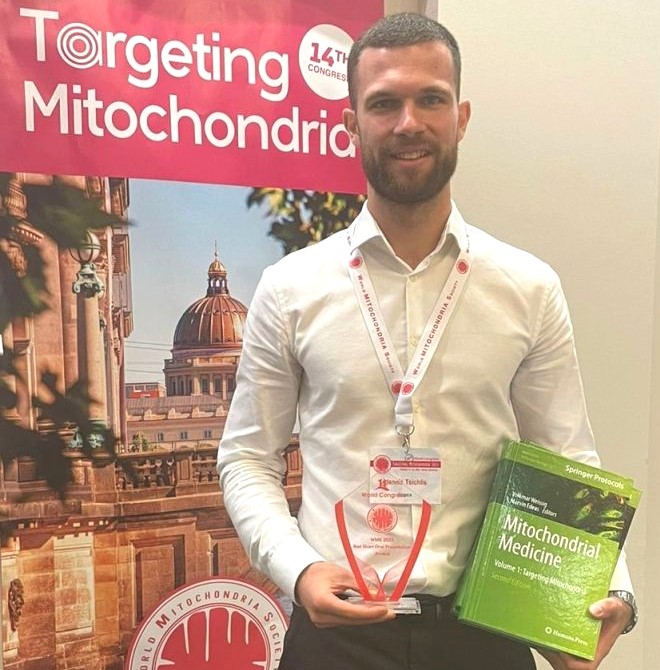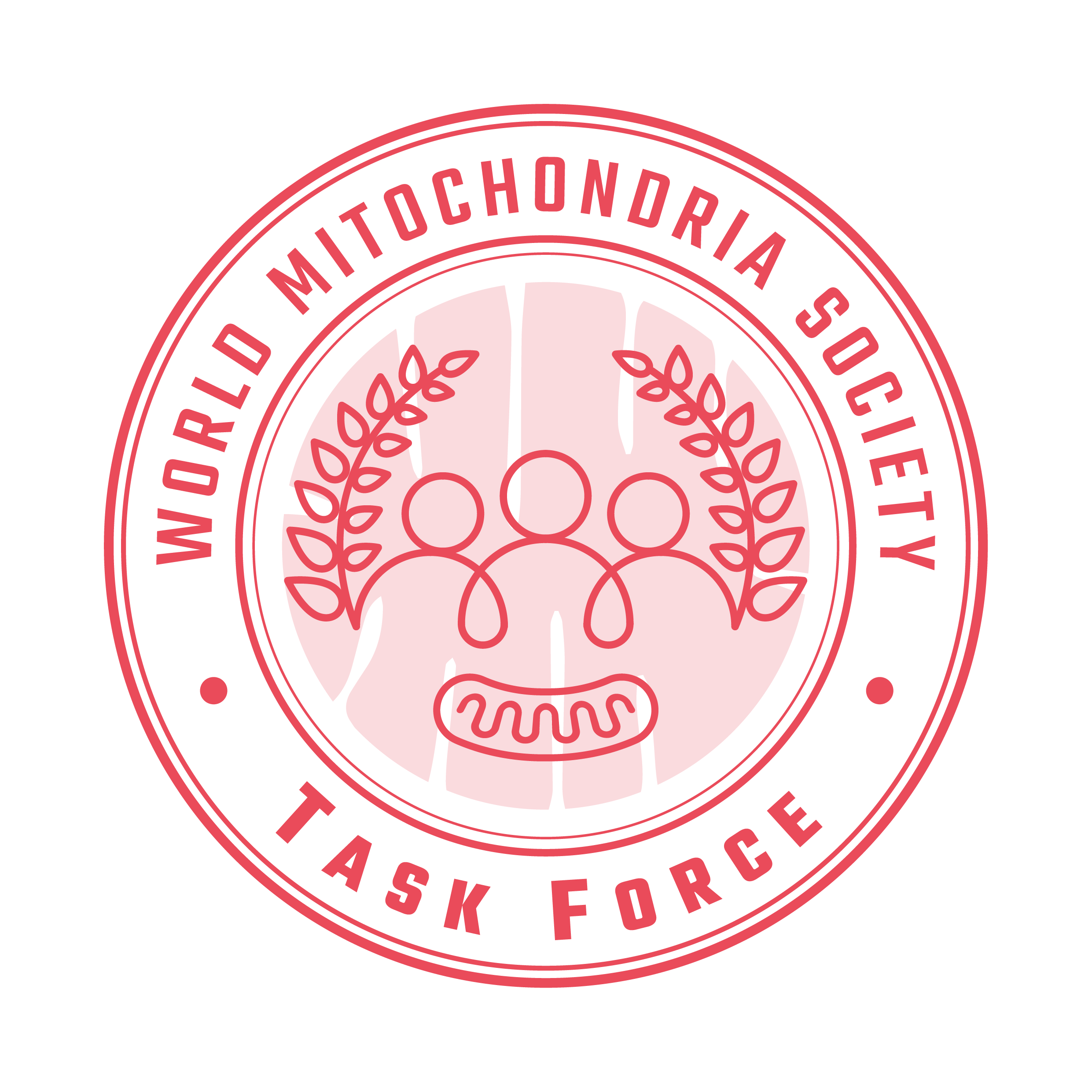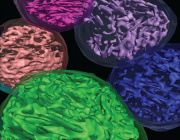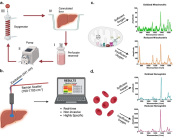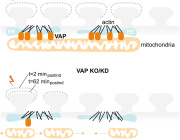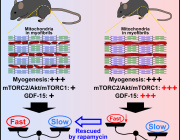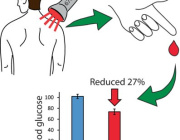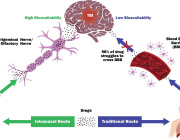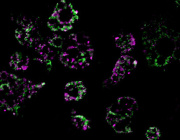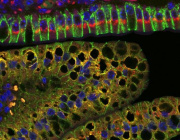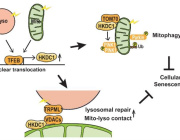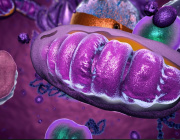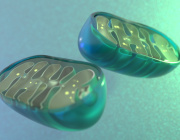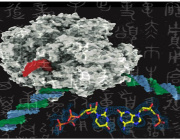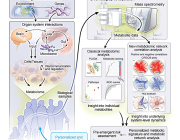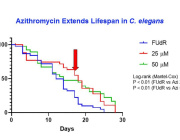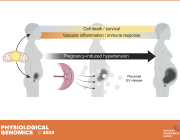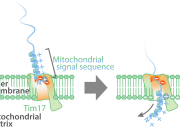WMS discerned the award of Short Oral Presentation to Dr. Nina Entelis

Dr. Nina Entelis, from University of Stasbourg, France was awarded for her Short Oral Presentation by WMS Scientific Committee during the 5th International Congress on Targeting Mitochondria which was held in Berlin on October 29-30-31.
During Targeting Mitochondria 2014, Dr. Nina Entelis gave a presentation about "Design of therapeutic anti-replicative RNA imported into mitochondria of human cells.".
According Dr. Nina Entelis: "Mutations in mitochondrial genome (mtDNA) have been associated with a wide variety of human disorders. In patients with mtDNA defects, it is common to find mutant and wild type mtDNA molecules in the same cell, the phenomenon known as heteroplasmy. Manifestation of biochemical and clinical defects occurs only when a threshold level of heteroplasmy (generally, >60% of mutant genomes) has been reached. Since there is no efficient treatment for these disorders, one attractive approach would be to specifically target mutant mtDNA and prevent it from replicating, thereby giving an advantage to the propagation of wild type genomes.
This strategy is confronted to two problems: translocation of anti-genomic oligomers through the double mitochondrial membrane, and their access and specific binding to mutated region of mtDNA. Our study of the natural pathway of RNA import into mitochondria permitted to identify the import determinants in tRNA and 5S rRNA structures. Basing on these data, a set of small RNA molecules with significantly improved efficiency of mitochondrial targeting was designed[1,2].
To target therapeutic oligonucleotides into deficient human mitochondria, we inserted short sequences corresponding to the boundaries of a large deletion in mtDNA[3] or to the region of a point mutation[4] into importable RNAs. We demonstrated that recombinant RNA molecules containing determinants for mitochondrial import and 20-nucleotide sequence corresponding to the mutated region of mtDNA, are able to anneal selectively to the mutated mitochondrial genomes. After import into mitochondria of cultured human cells, these RNAs induced a decrease of the proportion of mtDNA bearing a pathogenic mutation.
To improve the stability of anti-replicative RNA molecules in human cells, we introduced into these molecules various chemically modified oligonucleotides and tested their impact on the efficiency of their hybridisation with mtDNA in vitro, RNA stability, mitochondrial targeting and the effect on heteroplasmy in human cybrid cells in culture[5]. We also demonstrated that anti-replicative RNA molecules conjugated with cholesterol are able to penetrate into cultured cells without additional lypophilic agents.
Another way to obtain a shift of heteroplasmy level consists in stable expression of anti-replicative molecules in cells. We therefore developed cybrid cell lines expressing recombinant 5S rRNA molecules and demonstrated an important and stable decrease of their heteroplasmy level.
These studies clearly show that RNA import into mitochondria is a perspective tool suitable for biomedical applications.
This work was supported by the CNRS, Strasbourg University and grants Labex MitoCross, LIA ARN-Mitocure, AFM, ANR, FRM and Suprachem."
For more information about Targeting Mitochondria 2014: www.targeting-mitochondria.com










